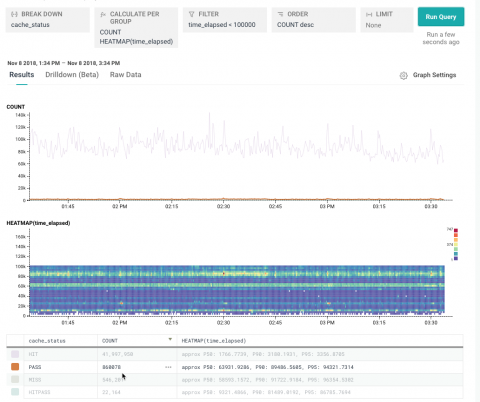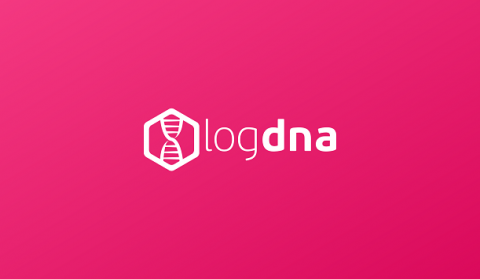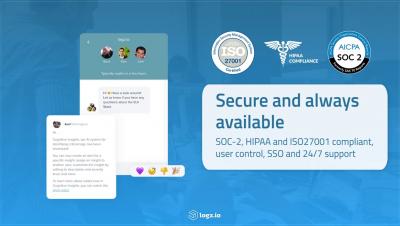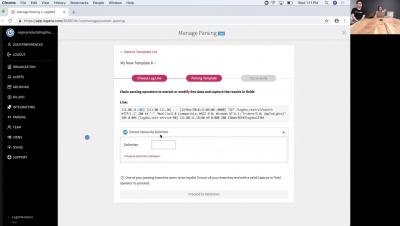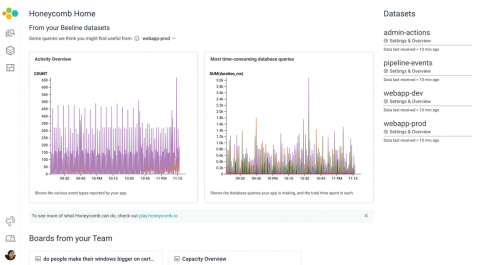The Core Analysis Loop, or: Heatmaps Make Analysis Better
In this blog miniseries, I’m talking about how to think about doing data analysis, the Honeycomb way. In Part I, I talked about how heatmaps help us understand how data analysis works. In Part II, I’d like to broaden the perspective to include the subject of actually analyzing data.


